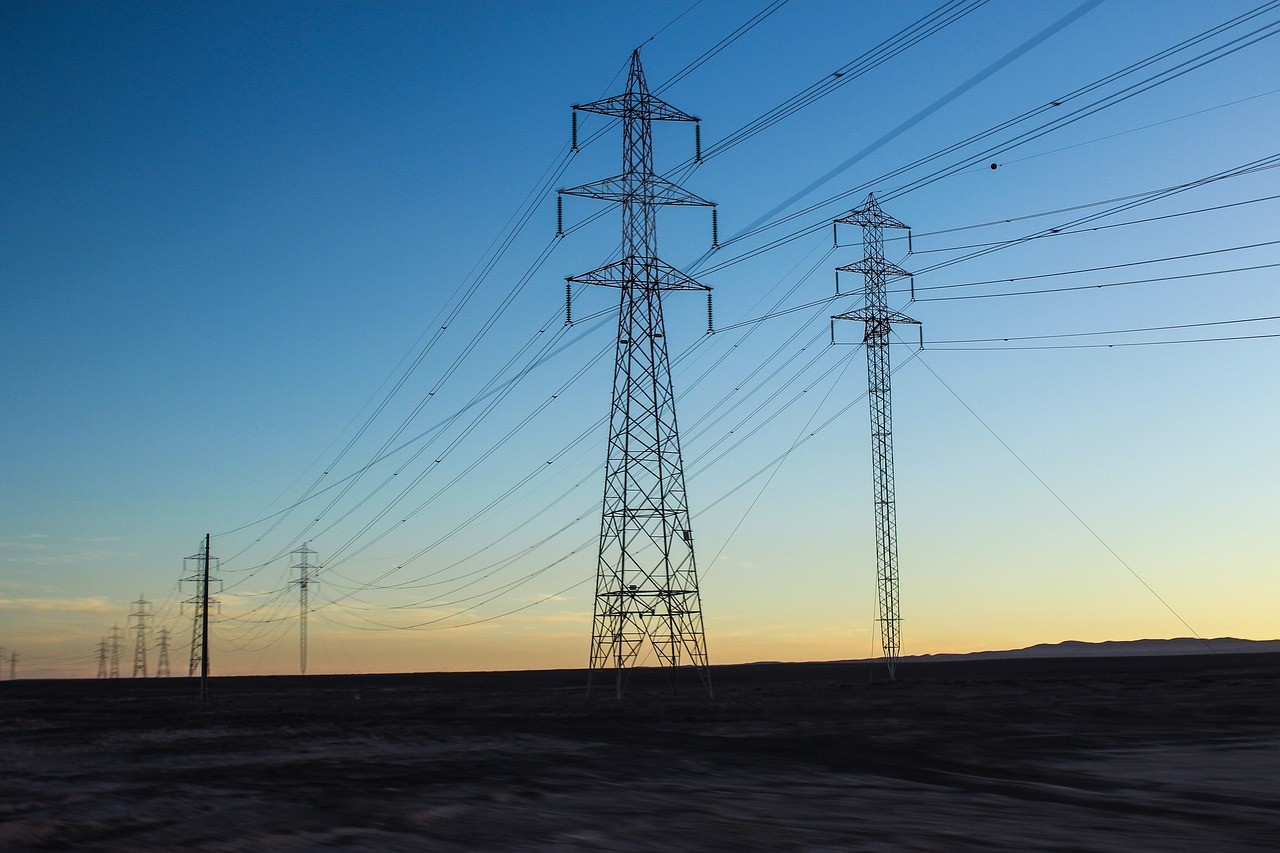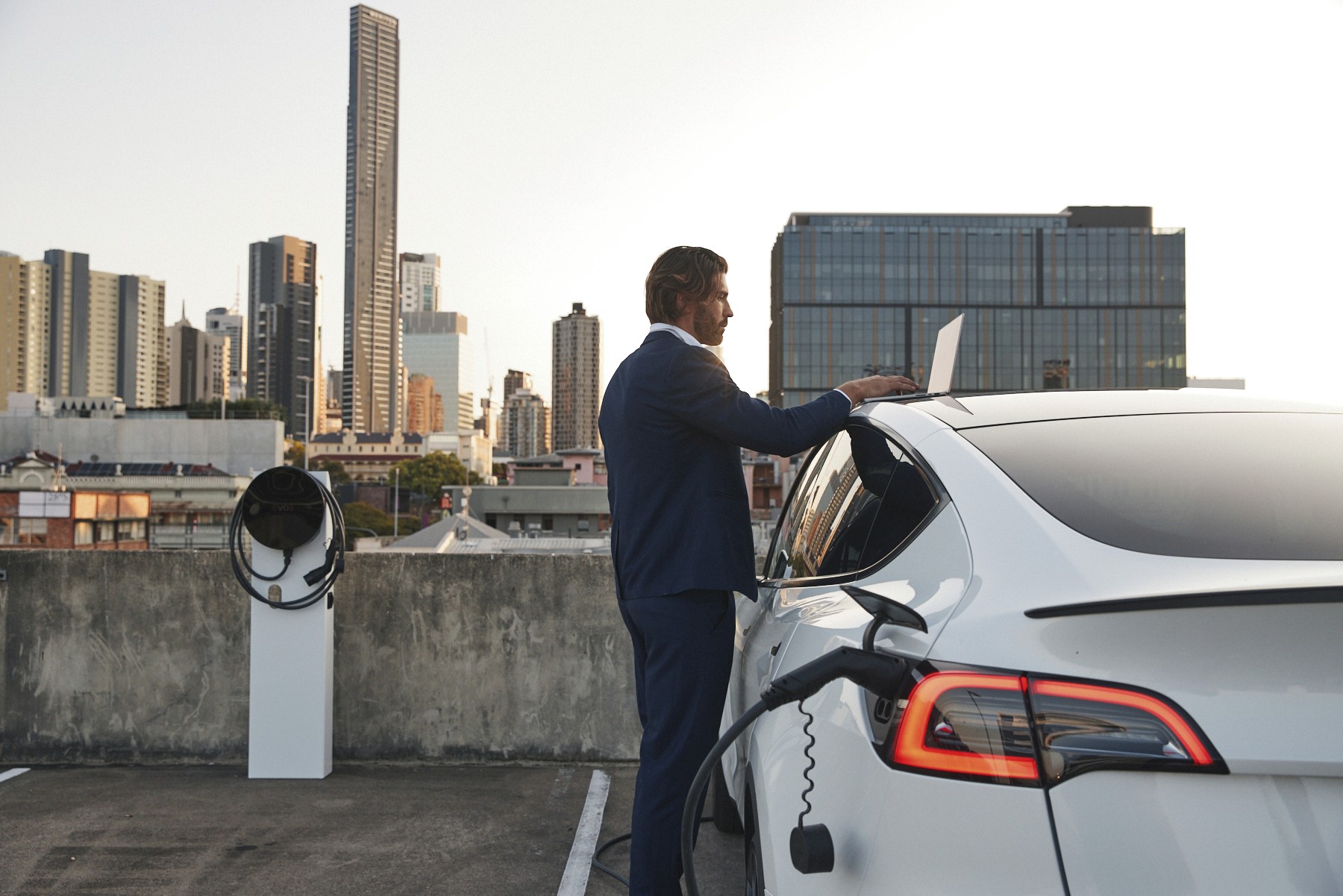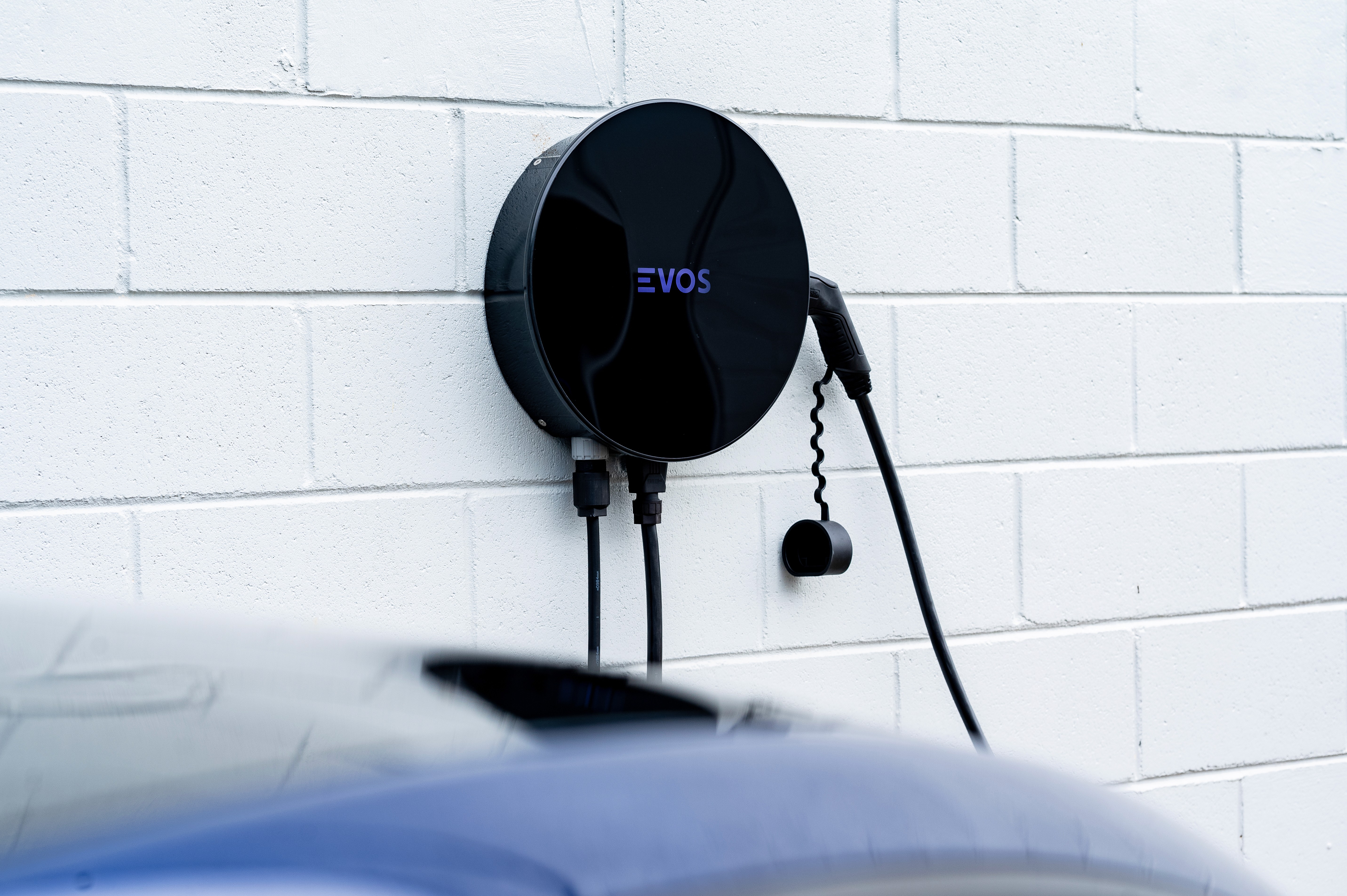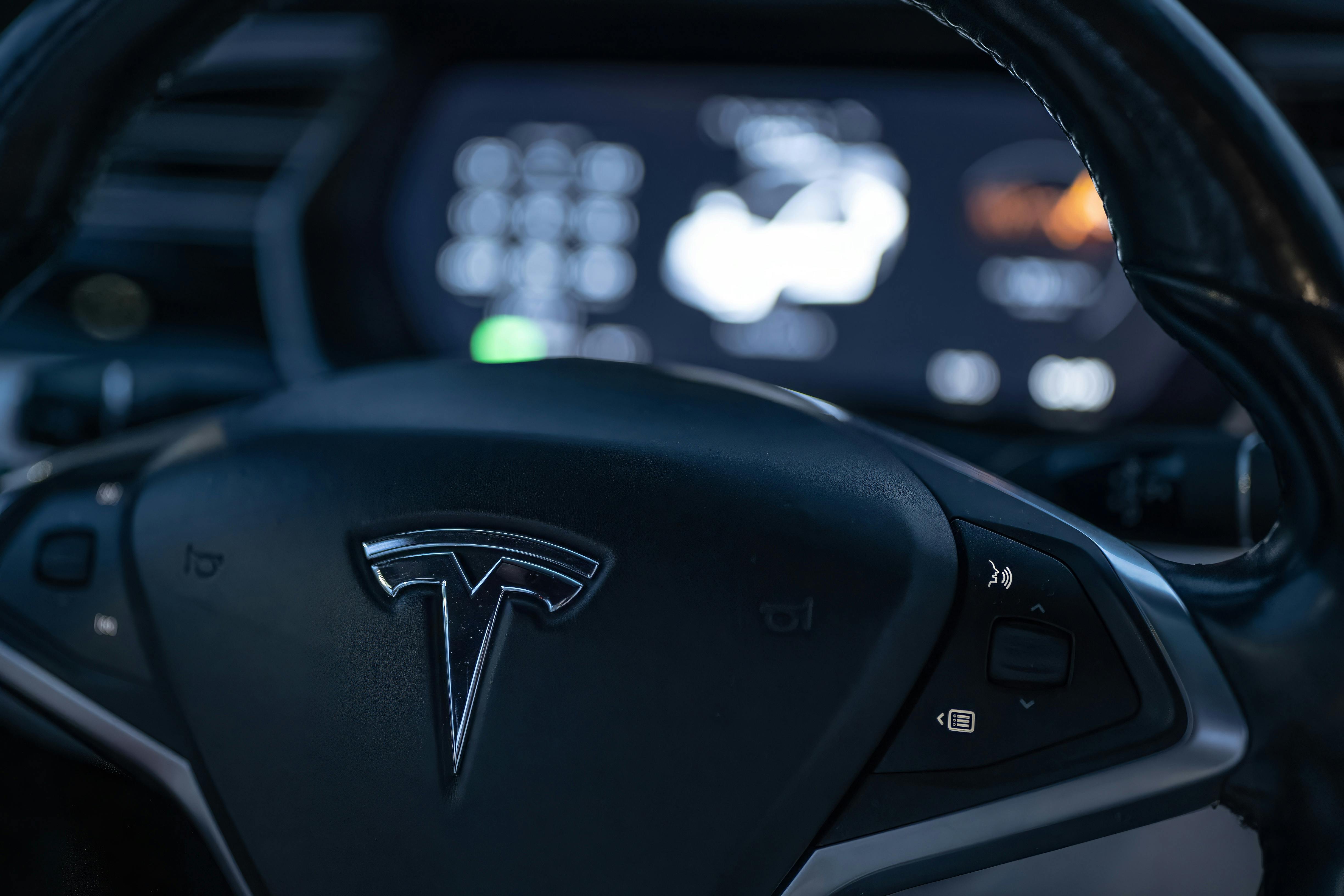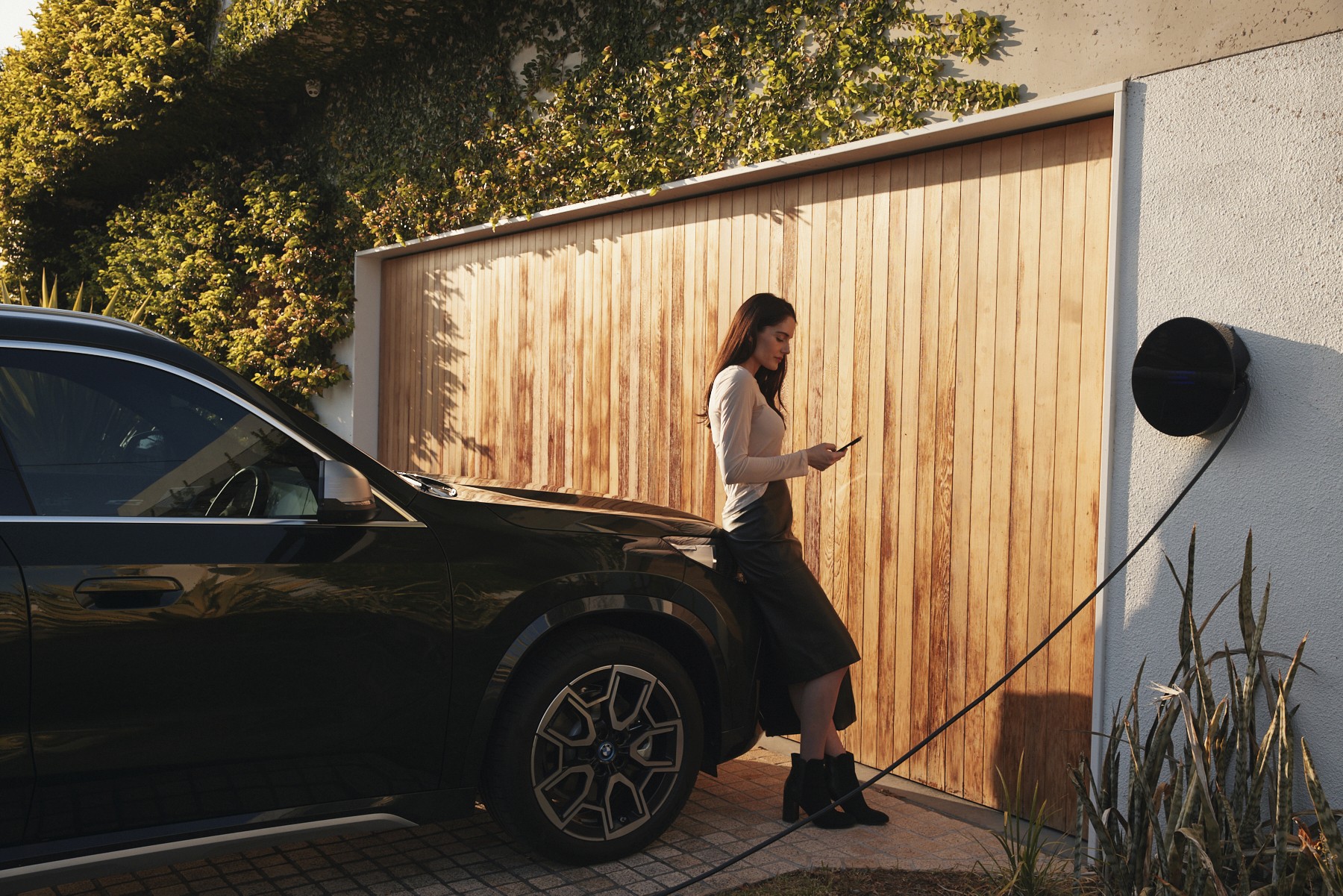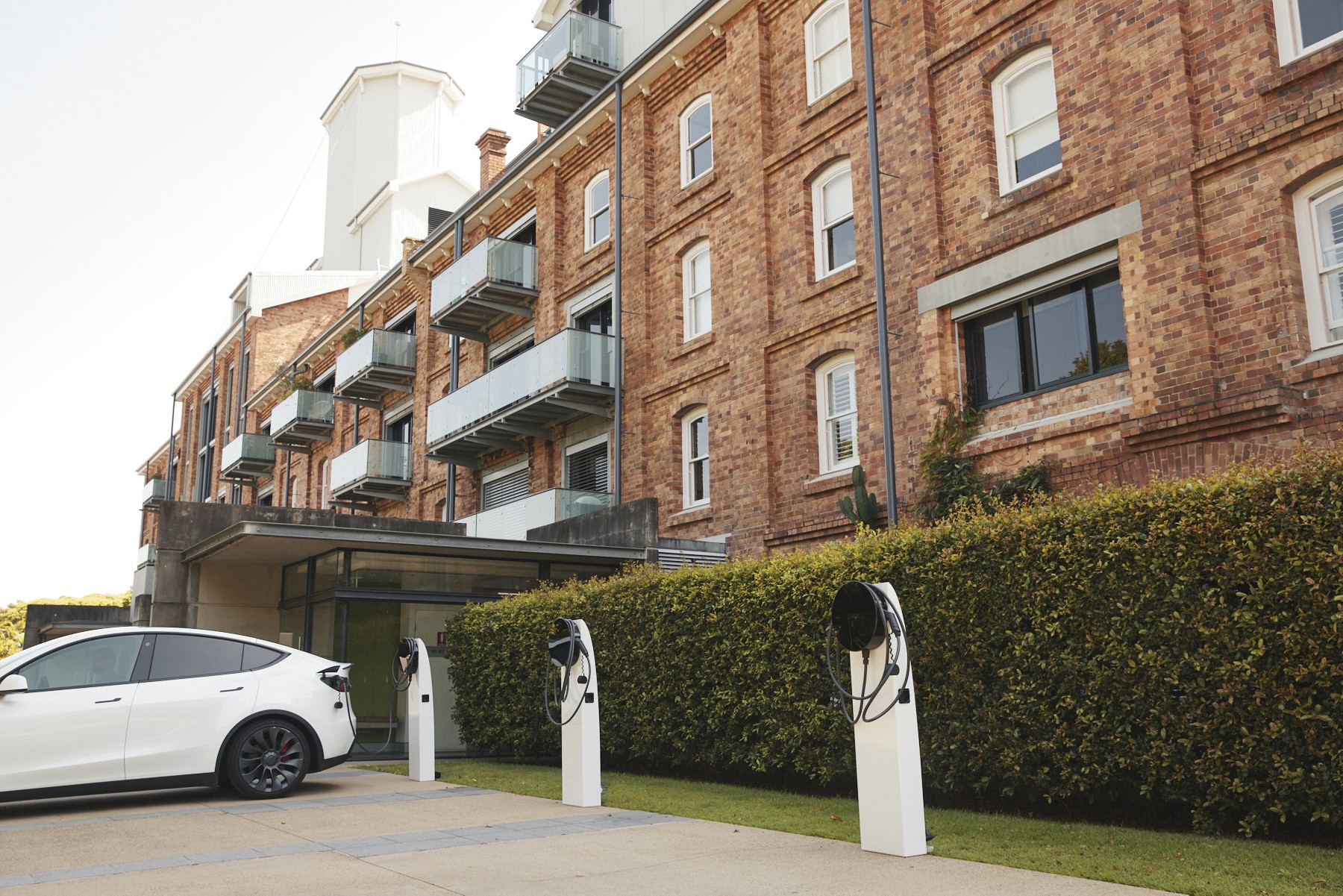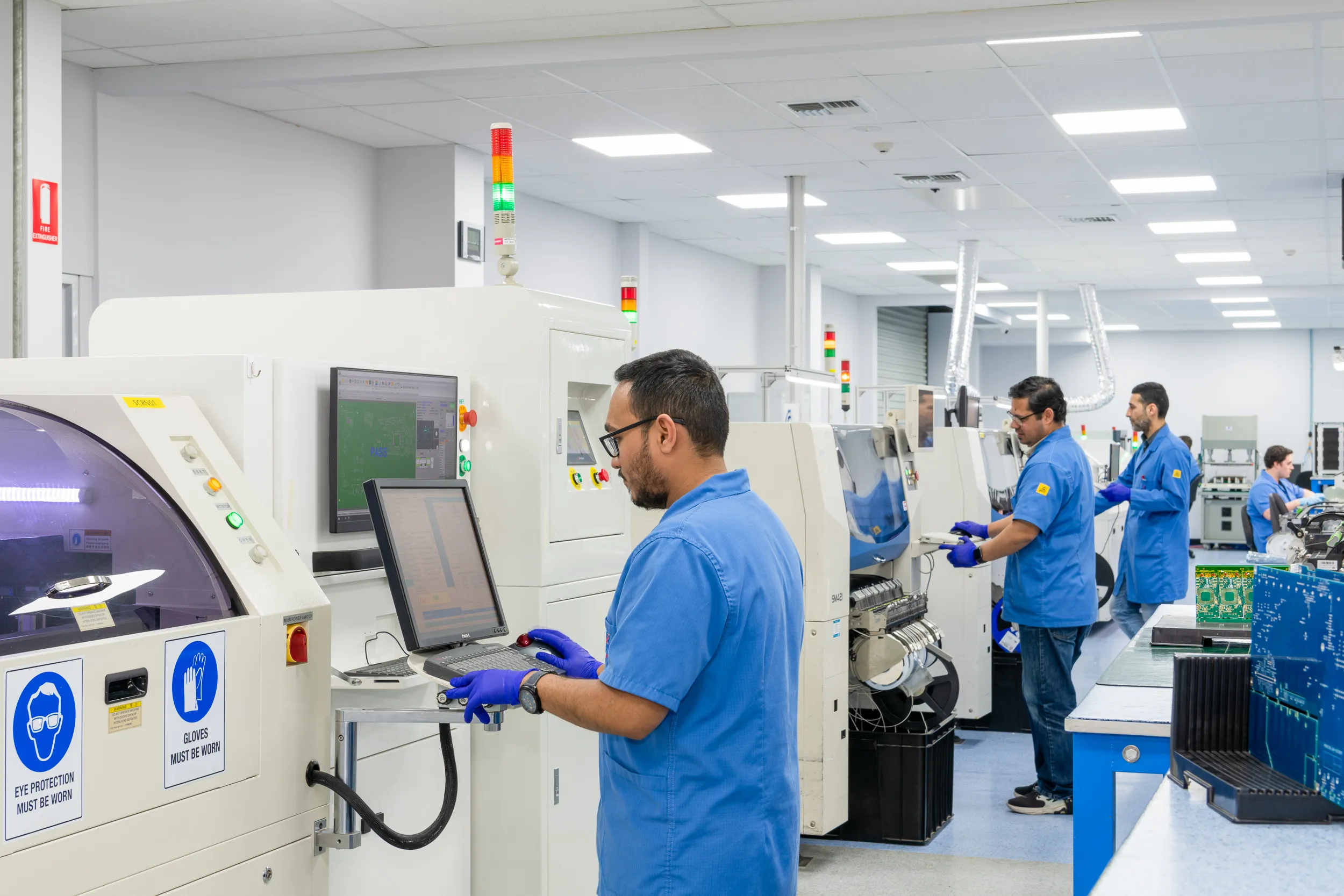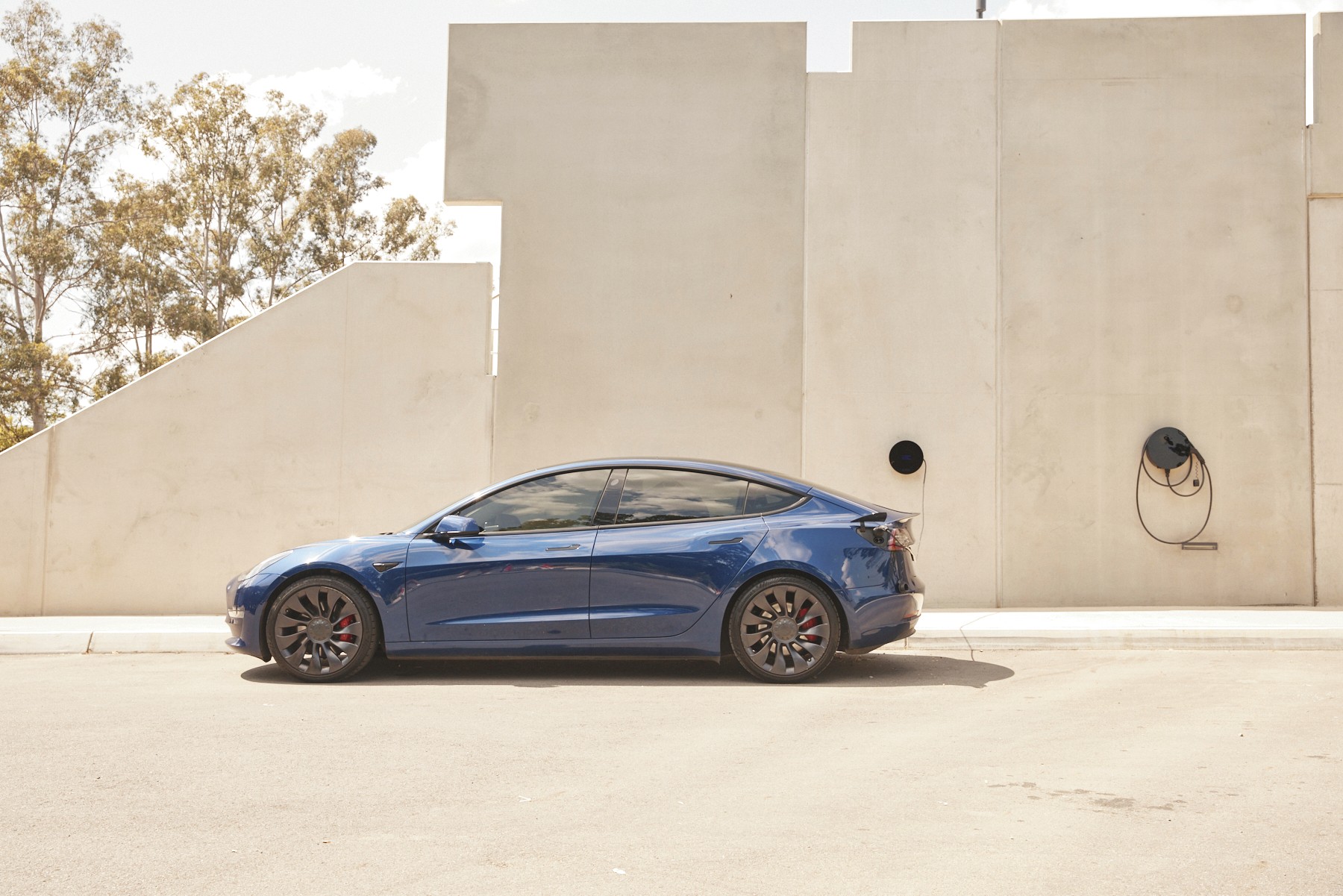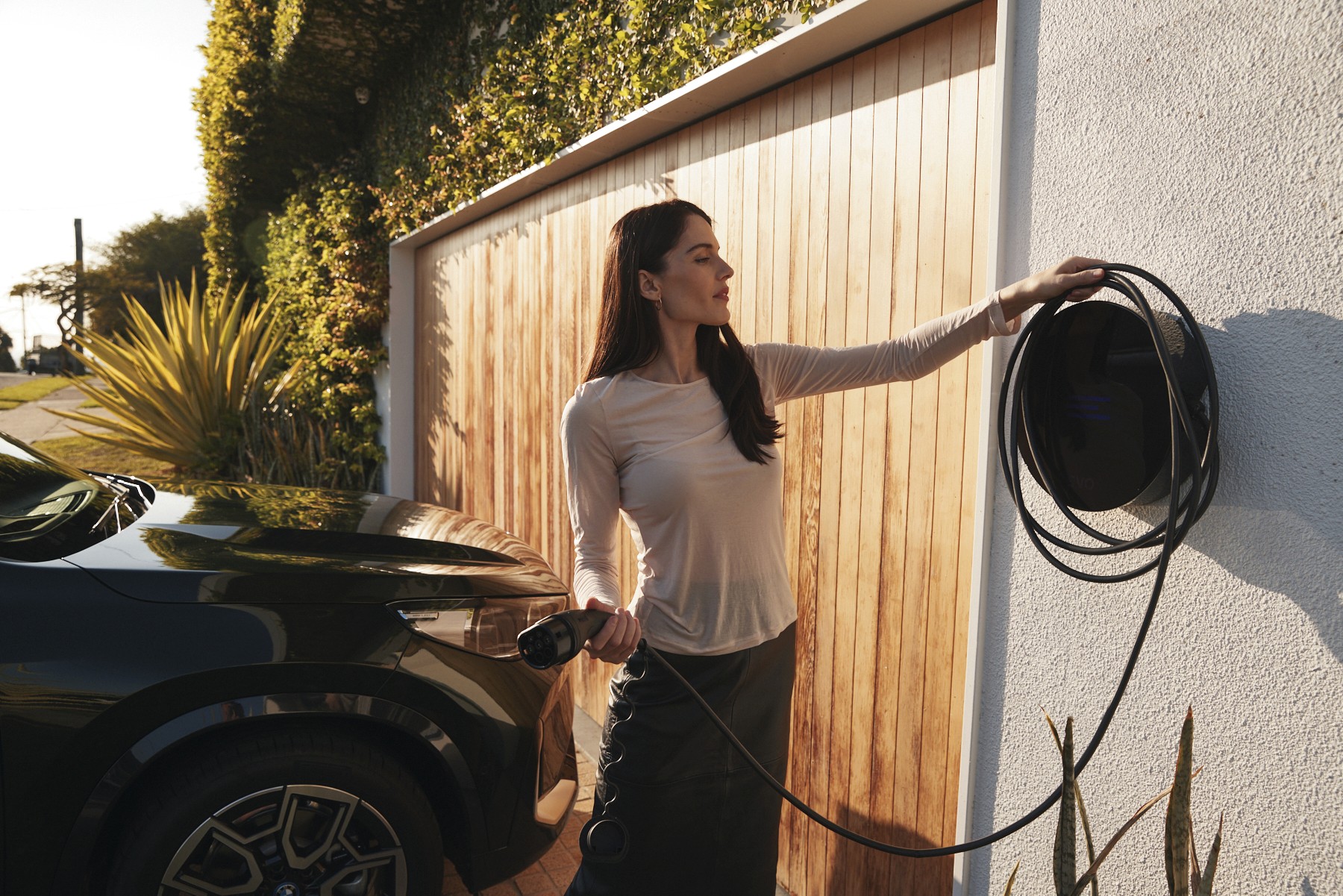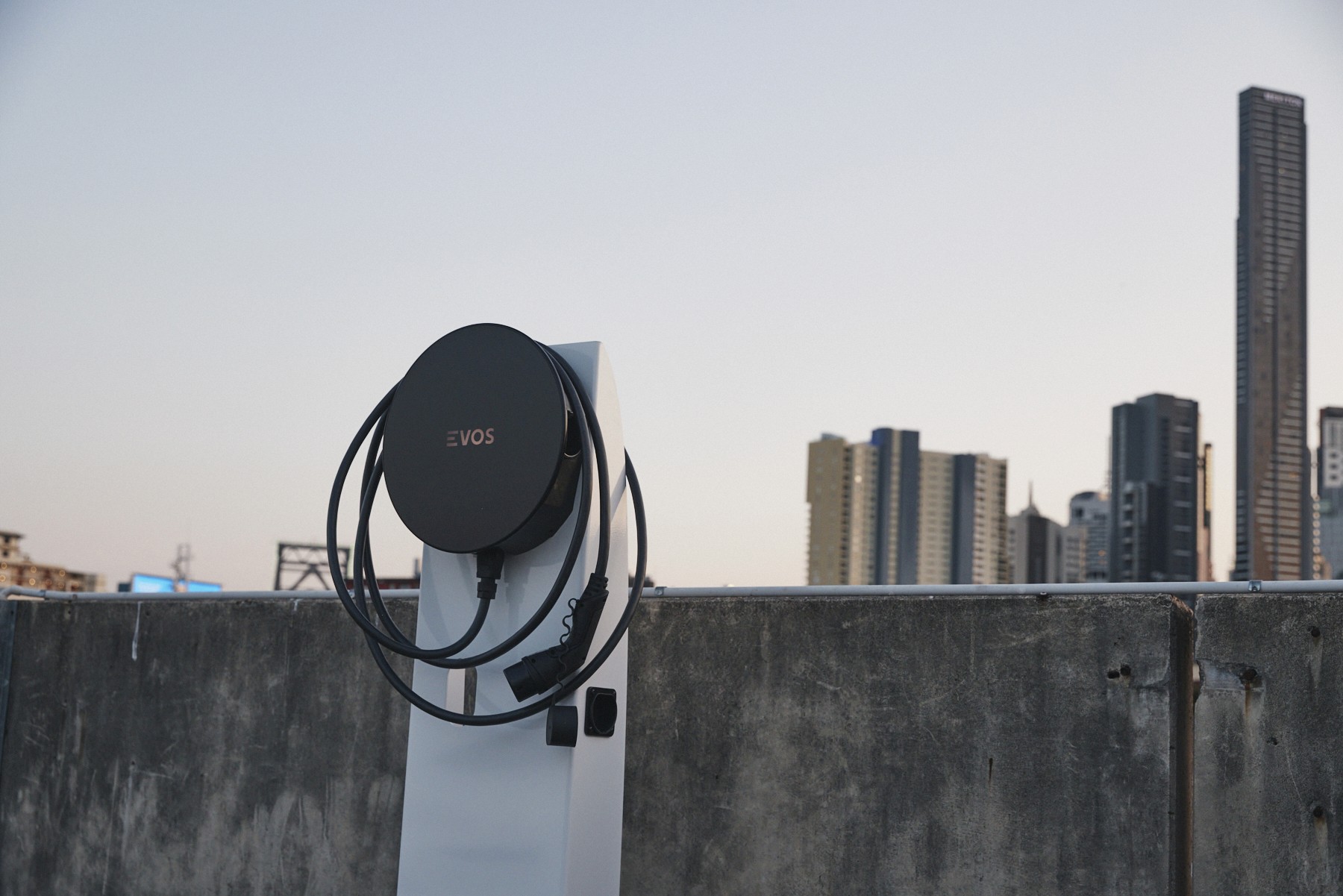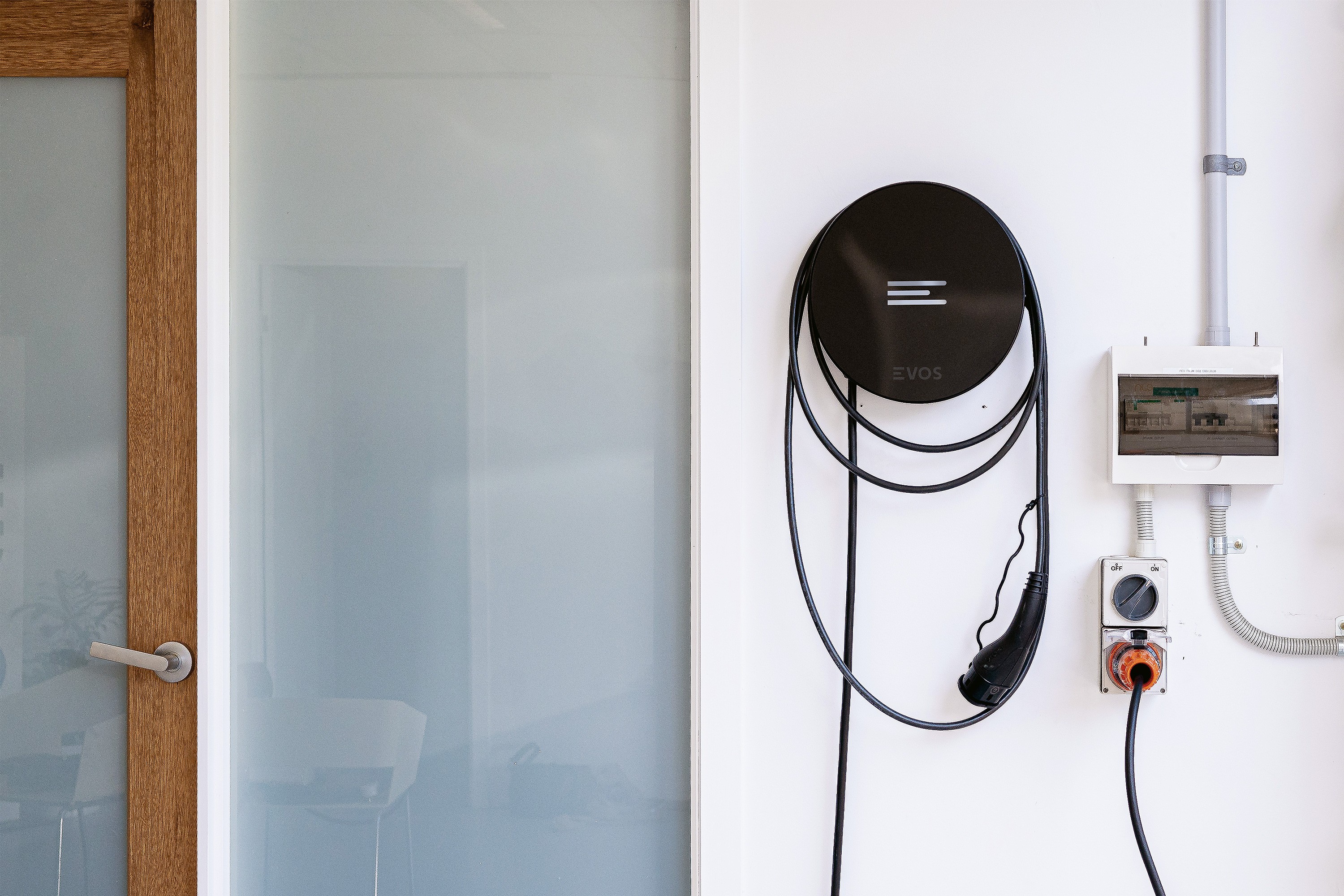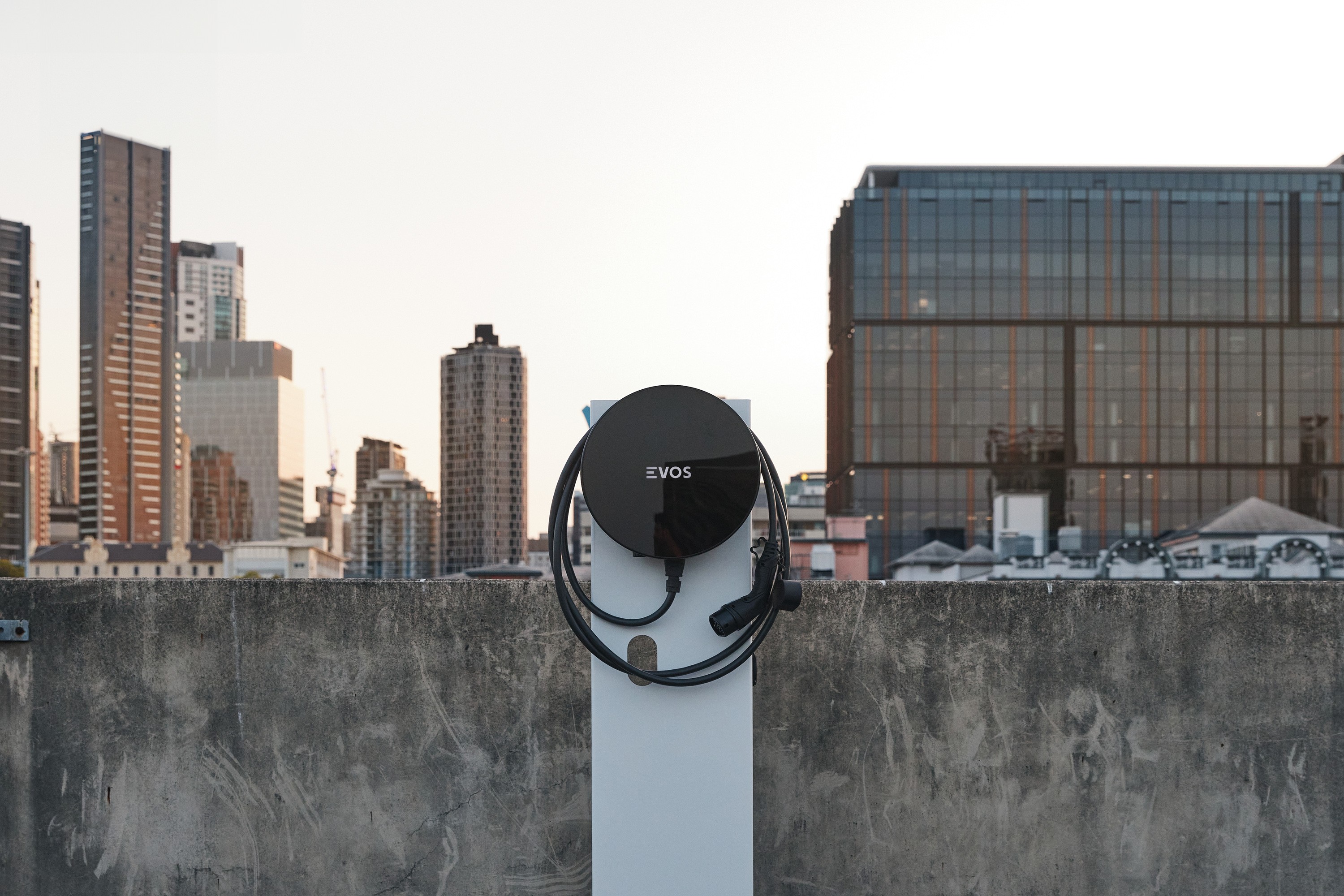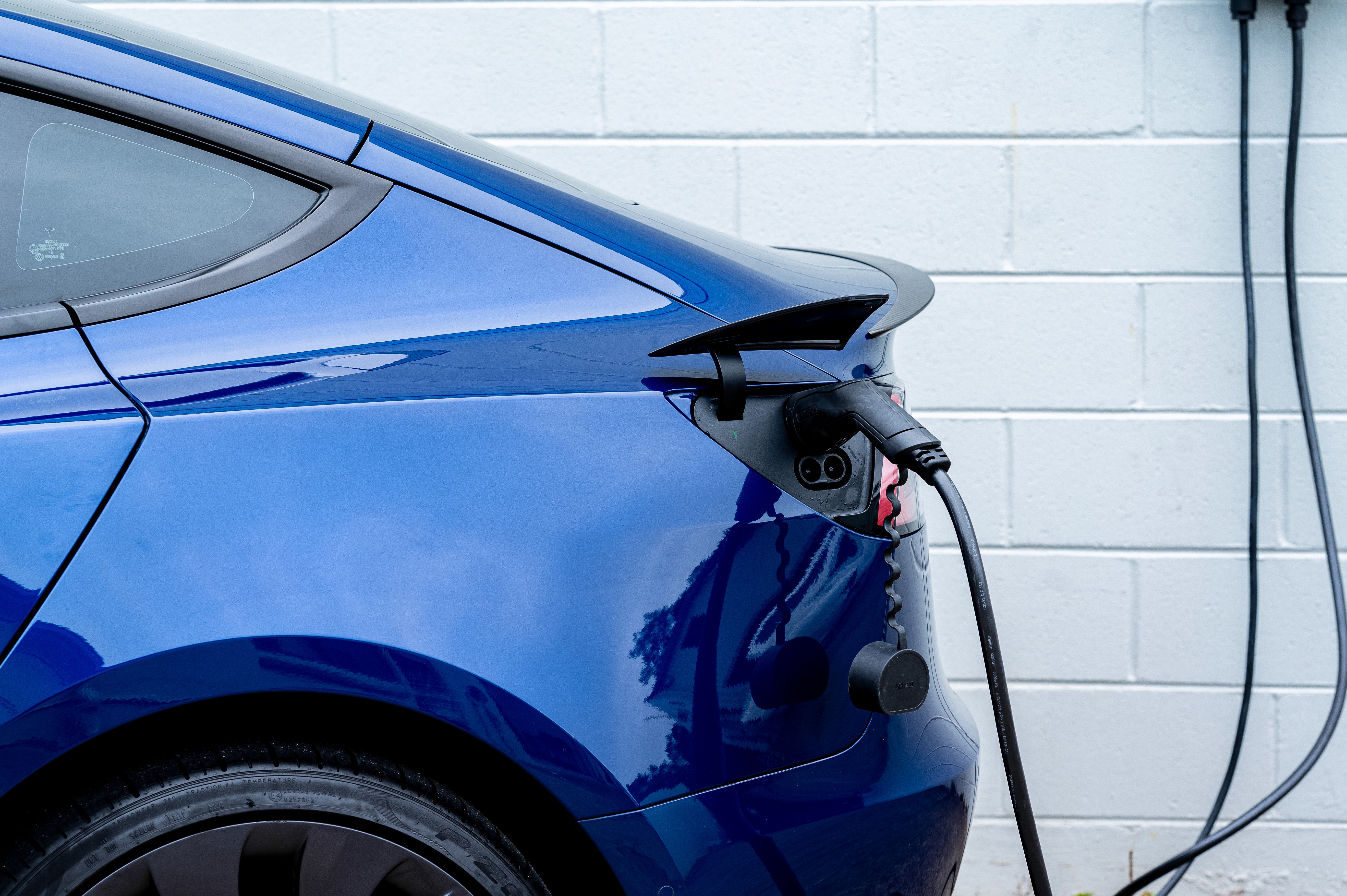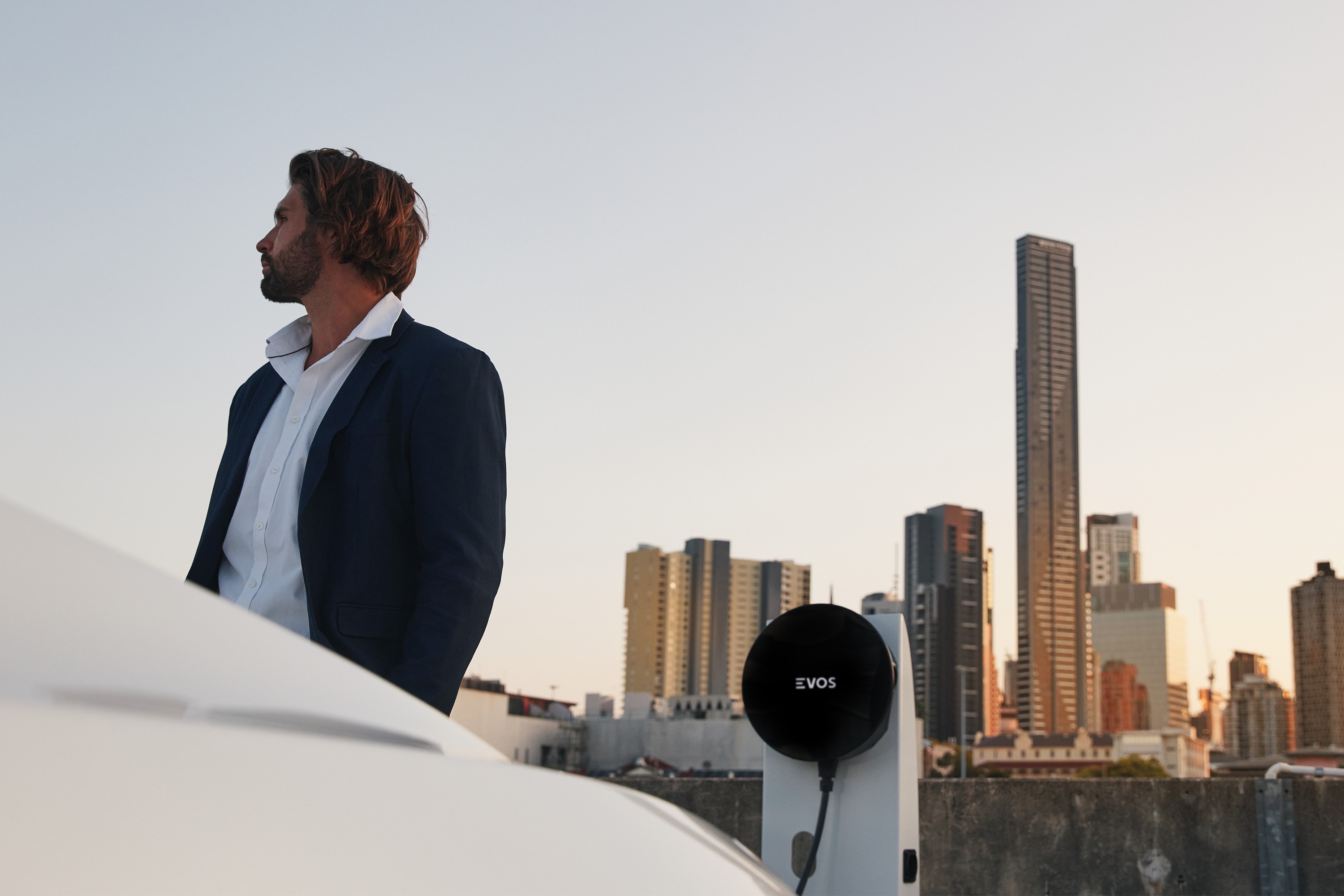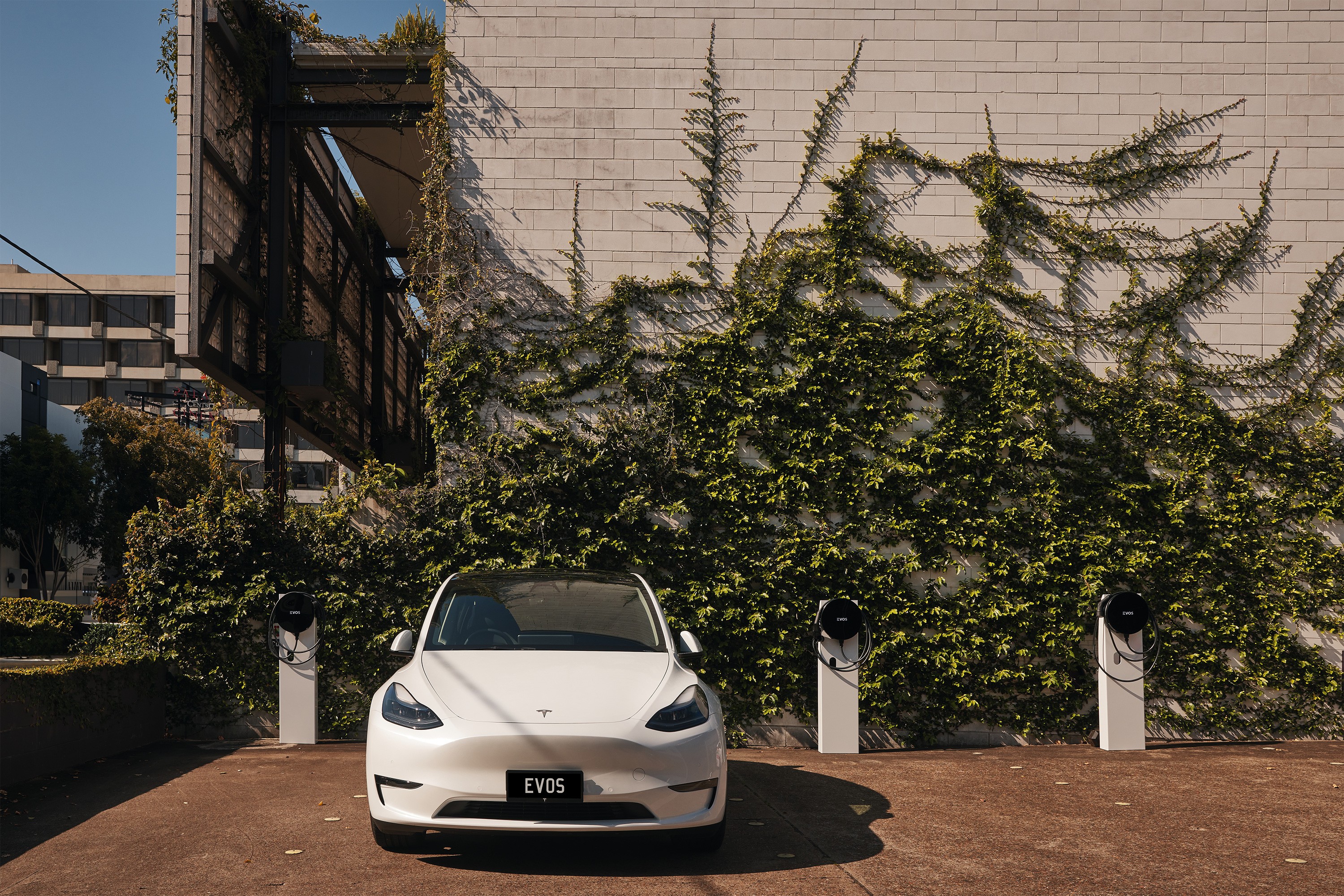

The number of countries pledging to achieve net zero emissions by 2050 is steadily growing, united by combined goal of preventing global warming from exceeding 1.5 °C.
Transport currently accounts for one quarter of emissions worldwide, and unfortunately, we’re seeing that 91% of the sector still relies on oil fuel sources.
It’s clear that the challenge lies not only in increasing electric vehicle adoption but also in integrating them seamlessly with our existing power infrastructure, particularly renewable energy sources. Whilst EV’s are extremely efficient, the total amount of greenhouse gas emissions that they can reduce relies on the sources of energy used to power them. EVs powered by renewable energy sources have virtually no emissions (around 6g CO2/km) in comparison to an average internal combustion engine car (184g CO2/km).
Renewable Energy at the Distribution Level
In areas with significant penetration of rooftop solar PV, issues often arise due to high local voltage (overvoltage) conditions, when the energy generated doesn’t match consumption. Conversely, simultaneous EV charging in the evenings can cause low voltage levels (undervoltage). Coordinating the operation of EV charging and solar PV can effectively keep delivery within contractual voltage limits, thereby increasing the mutual hosting capacity within a distribution grid. A Swedish study demonstrated that the distribution grid could host a higher penetration of EVs and distributed PVs when coordinated with a management system compared to an uncoordinated operation.
It’s clear that the concept of shifting EV charging to more favourable times of the day is a compelling business case. This load-shifting can increase consumption and reduce curtailment of transmission-connected renewables. A case in point is Korea, where flexible EV charging of 30% of the projected EV fleet by 2035 could reduce operating costs by $31/ MWh and peak costs by $27/MWh - representing reductions of 21% and 30% respectively. Additionally, it could lead to a staggering 63% emissions reduction compared to a full internal combustion engine fleet. This strategic pairing of EV charging and renewable availability can bolster the business case for renewable energy developers by reducing curtailment.

Increasing Renewable Energy Use
Policy makers have a critical role to play in increasing both the availability of renewable energy and electric vehicle uptake.
For instance, in Belgium, to qualify for tax incentives for residential charging, the user must show that the charging point is supplied by renewable electricity. Similarly, in Hanover, Germany, grants were given to those planning to build charging points supplied by renewable sources.
As the power system continues to decarbonise, an increasingly precise temporal and locational matching will be needed, requiring a higher frequency exchange of information on emissions, forecasts, and connected EVs. Consequently, investments in a smart electric mobility ecosystem will become even more critical.
The integration of EV charging with renewables is not only a viable solution for a sustainable future, but it also represents a significant economic opportunity. By leveraging this potential, policy makers, EV manufacturers, and energy providers can work together to accelerate the shift to clean and efficient mobility solutions.
Our energy management solutions here at EVOS focus on reducing the cost of energy for electric fleets by managing energy, reducing electrical upgrades and simplifying the EV charging process. We use data from your EV, charger and the grid to make intelligent energy decisions to reduce the cost of both power infrastructure and electricity. As an example, this means you’re able to exclusively use solar power to charge your EV.
Last year, around 35% of Australia’s total energy generation was from renewable energy sources, which mainly constituted of solar (16%), wind (12%), and hydro (6%). It’s promising to see these figures climb and we’re excited to see the levels that both renewable energy and electric vehicles increase in Australia.
If you have any questions about how EVOS can assist your energy management, reach out to our friendly sales team at sayhi@evos.com.au.
Related
Related
Related
EV energy made simple.
EV energy made simple.
EV energy made simple.



